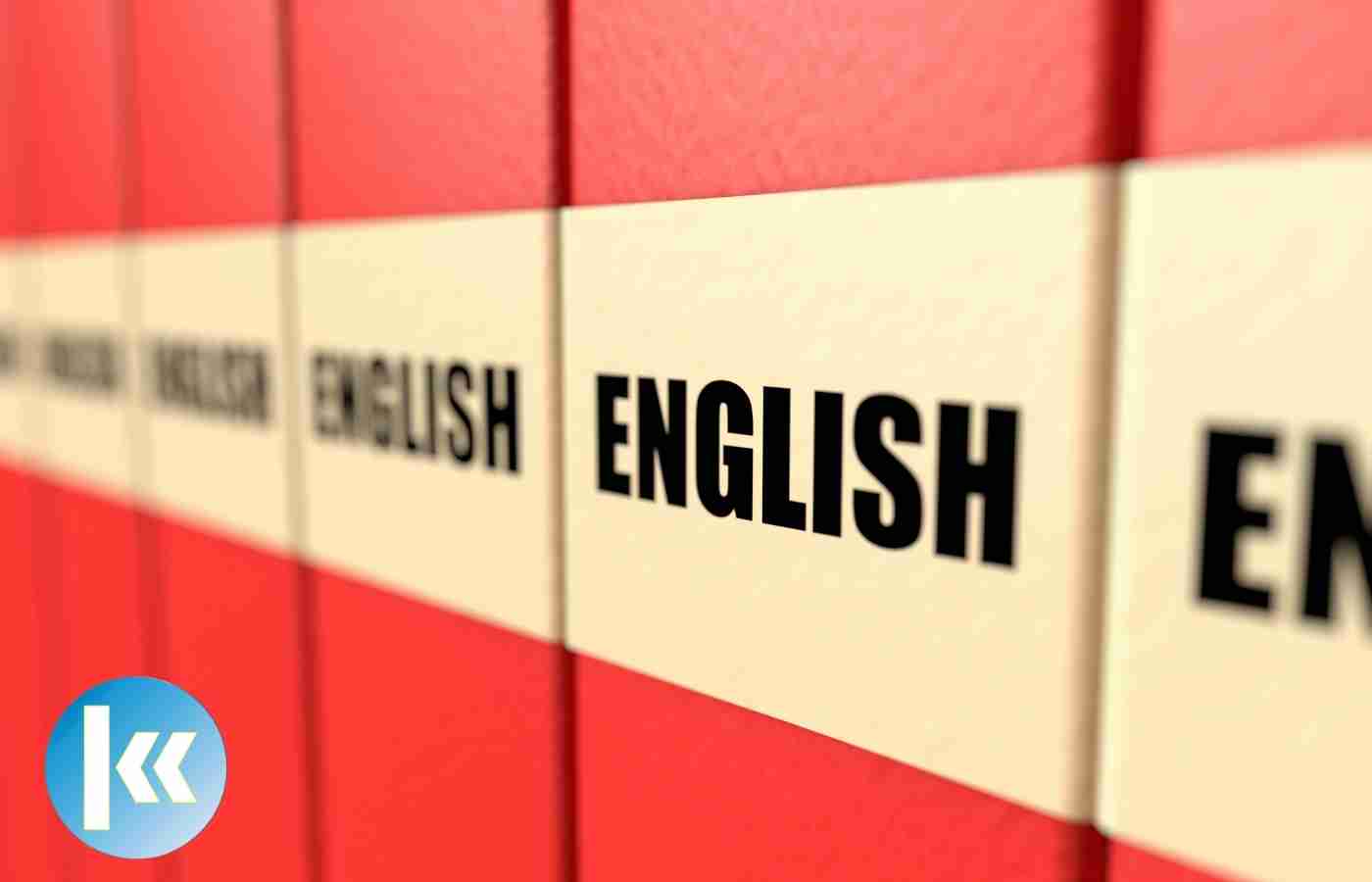
Course Content
Expand All
Week 1
4 Topics
|
3 Quizzes
Expand
Lesson Content
0% Complete
0/4 Steps
Week 2
4 Topics
|
2 Quizzes
Expand
Lesson Content
0% Complete
0/4 Steps
Week 3
4 Topics
|
2 Quizzes
Expand
Lesson Content
0% Complete
0/4 Steps
Week 4
5 Topics
|
2 Quizzes
Expand
Lesson Content
0% Complete
0/5 Steps
Week 5
4 Topics
|
2 Quizzes
Expand
Lesson Content
0% Complete
0/4 Steps
Week 6
4 Topics
|
1 Quiz
Expand
Week 7
5 Topics
|
2 Quizzes
Expand
Lesson Content
0% Complete
0/5 Steps
Week 8
4 Topics
|
1 Quiz
Expand
Lesson Content
0% Complete
0/4 Steps
Week 9
10 Topics
|
3 Quizzes
Expand
Lesson Content
0% Complete
0/10 Steps
Preview this Course

Not Enrolled
This course is currently closed
Course Includes
- 9 Lessons
- 44 Topics
- 18 Quizzes
Recent Comments
idayat on Causes of Electoral Malpractices: “I really love the explanation , it was super helpful” Apr 16, 12:20
Login
Accessing this course requires a login. Please enter your credentials below!



Explain these terms: Social , Economic , Political and Religious areas of national life.